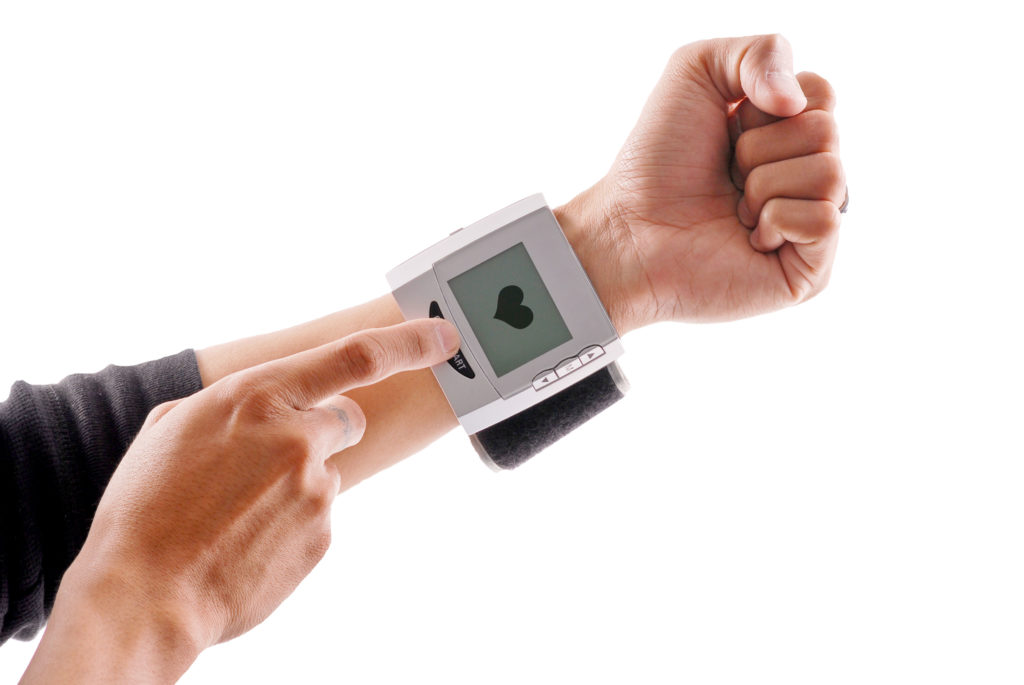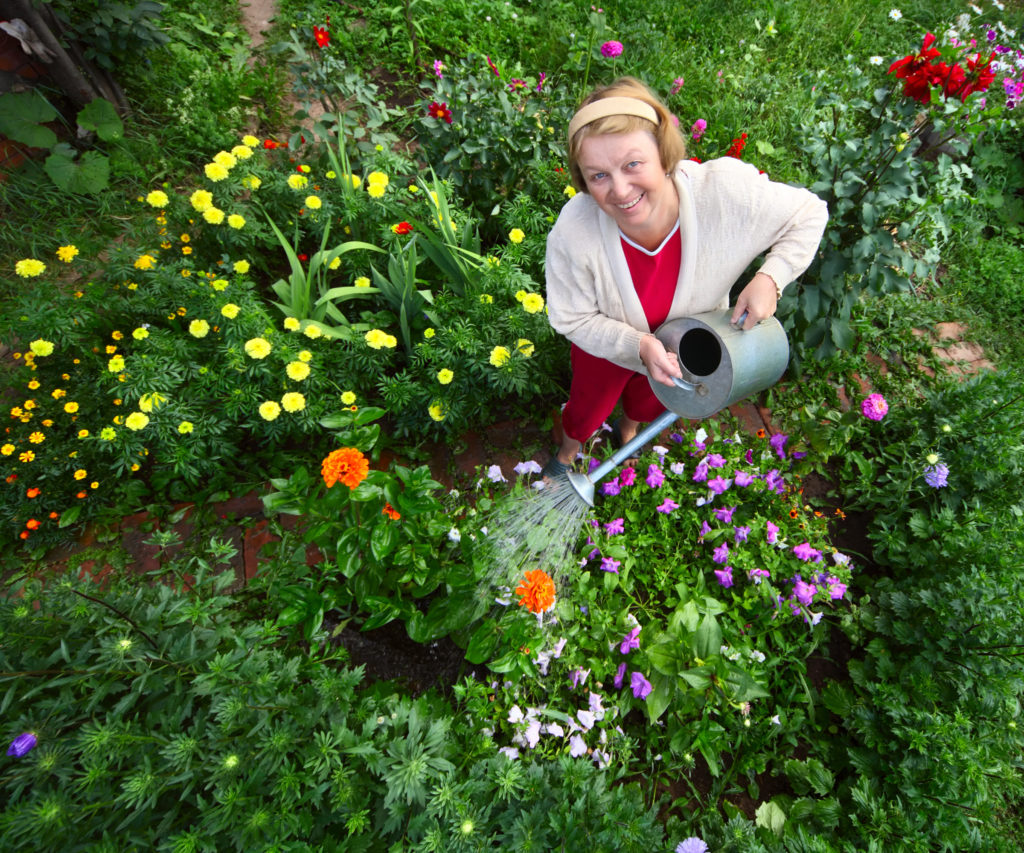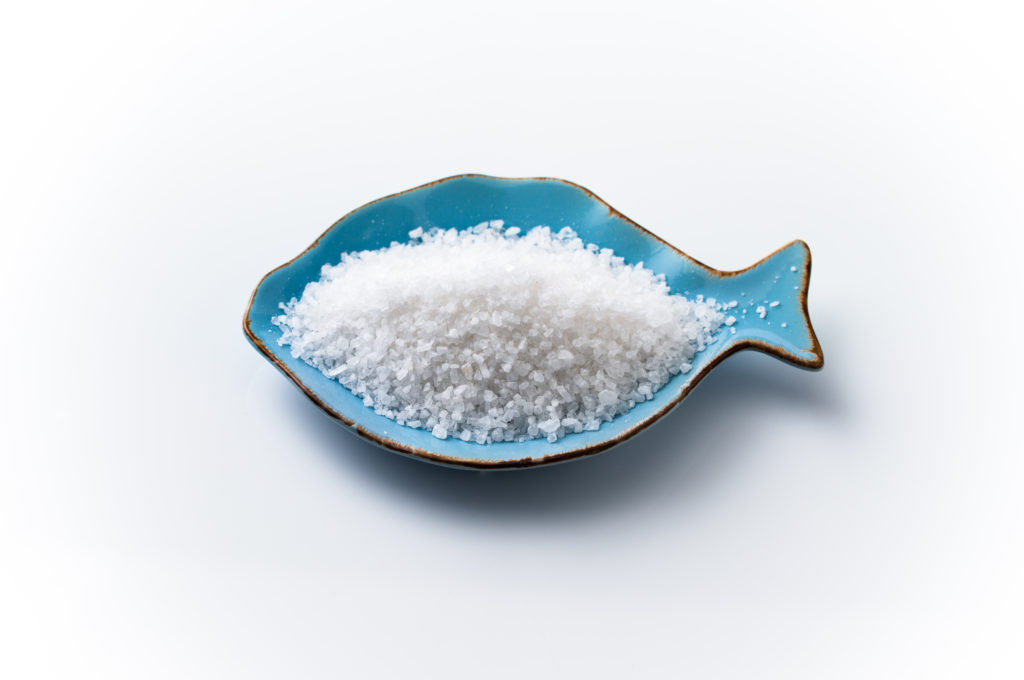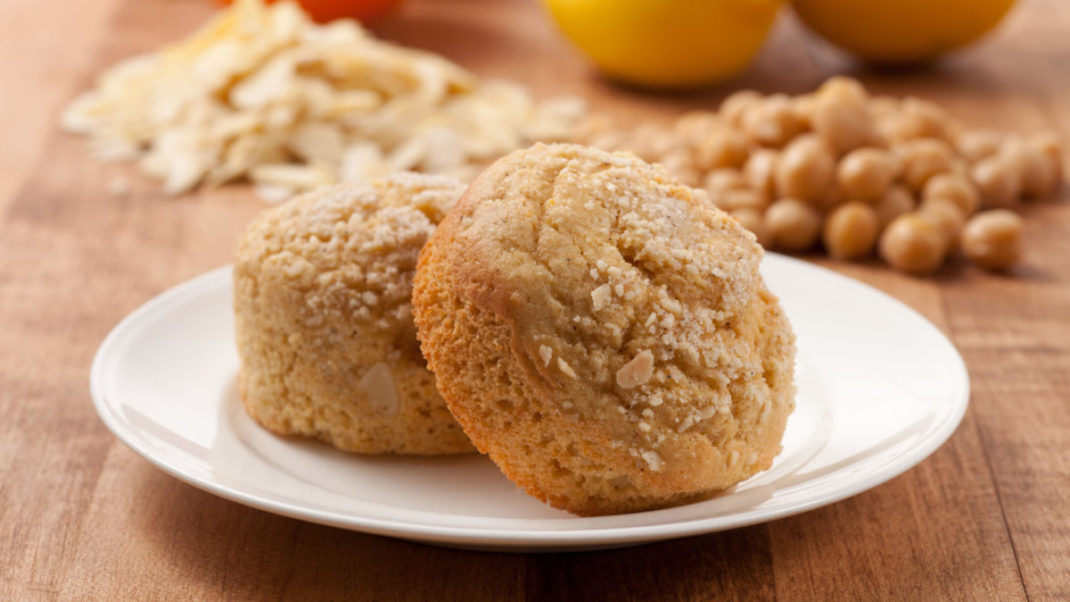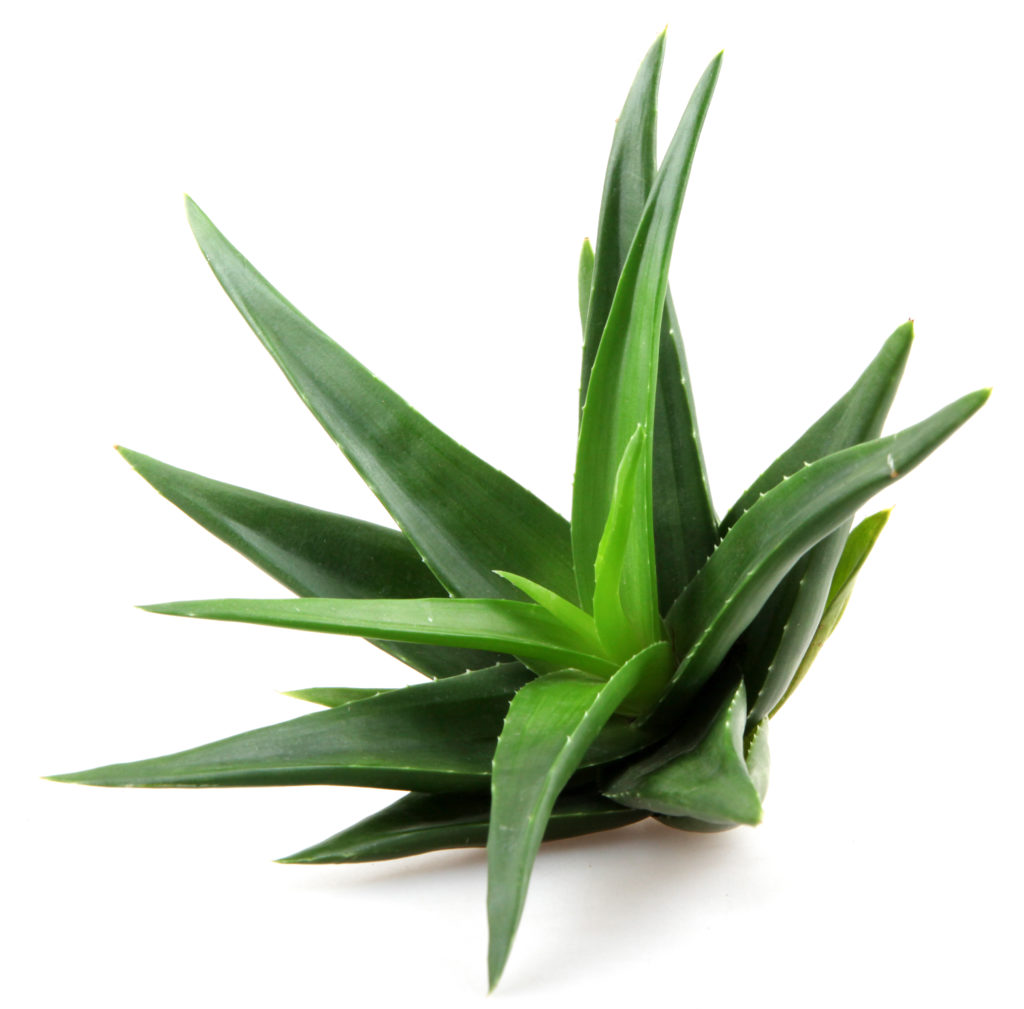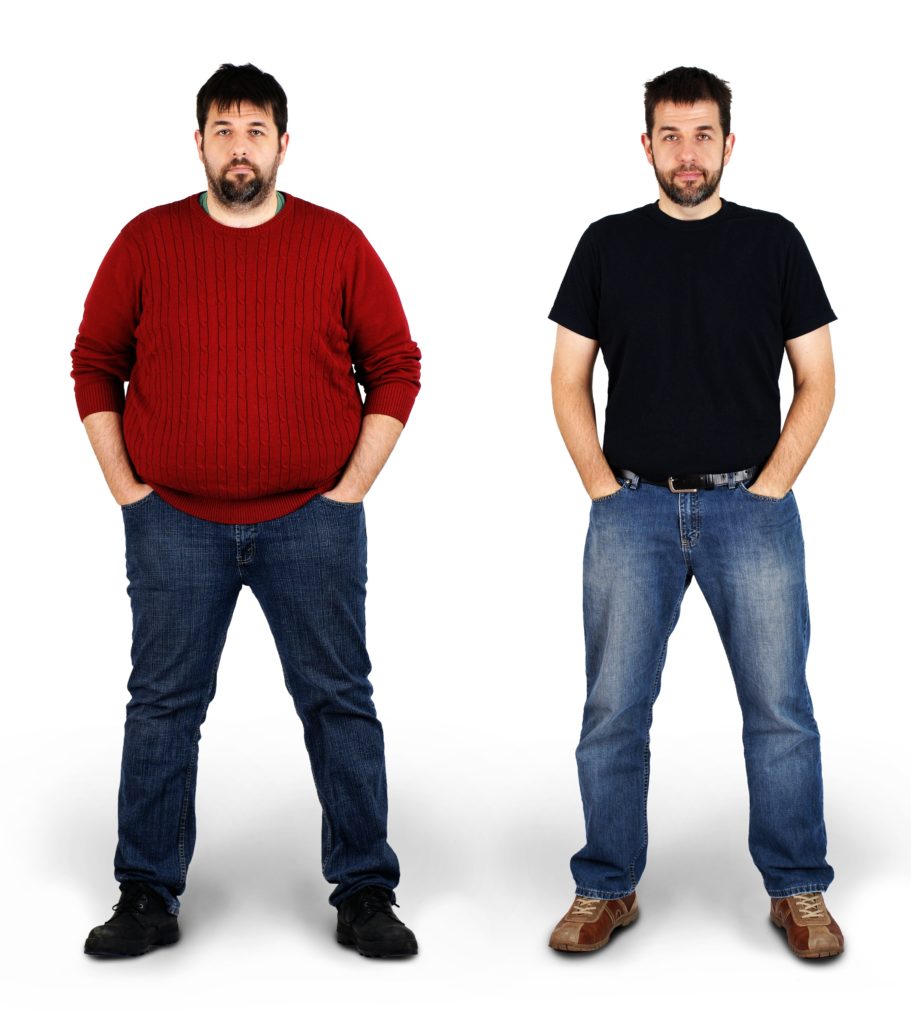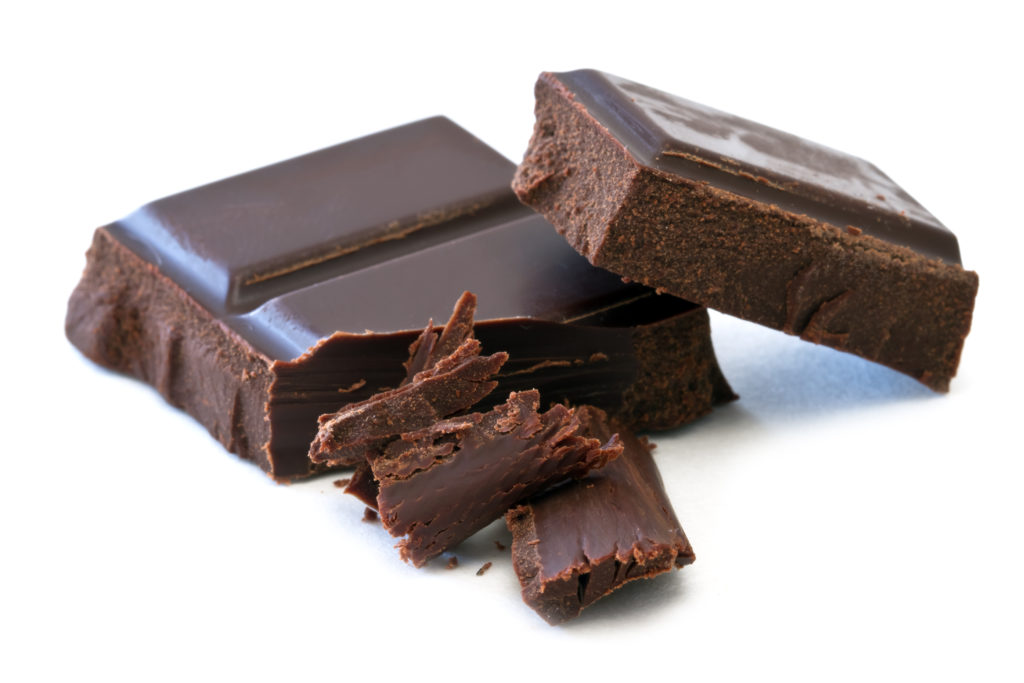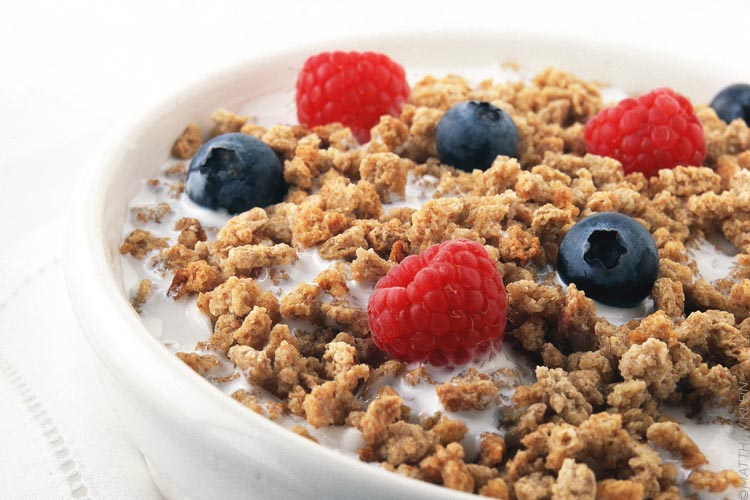Archive for October 2013
Weight Discrimination Linked to Obesity
When working with individuals who are overweight or obese, it is wise to watch your words.
Research published recently in PLoS ONE (2013; 8 [7]: e70048) found that subjects who experienced discrimination because of their weight were more likely to become or remain obese than those who didn’t encounter discrimination.
Read MoreKeep Clients and Members Consistent Through the Holidays
Parties. Travel. Stress. All of these things take a toll during the holiday season. For fitness business owners, this time of year often means a struggle to keep members and clients consistent. Inconsistency means fitness results and revenue suffer. Keep your business booming with the following tips from fellow fitness professionals:
Read MoreHeart Arrhythmias: An Exercise Professional’s Primer
The heart does remarkable work. Roughly the size of a human fist, the heart pumps blood every second of every day, delivering nutrients and oxygen to organs and tissues, and sending waste to filters in the kidneys, liver and lungs.
Yet not every heart works well. A healthy heart relies on a self-generating electrical signaling system to keep it pumping at the right pace; heart maladies that disrupt the signals can dramatically impact a client’s health. Collectively, we call these maladies heart arrhythmias.
Self-Monitoring on the Rise
According to a recent survey from the Pew Research Center’s Internet & American Life Project, health- and fitness-related self-monitoring is a popular practice among U.S. adults.
The survey, which included data from 3,014 respondents nationwide, found that 69% of adults use some form of tracking for themselves or someone they love.
Here are a few other survey tidbits:
Read MoreLeisure-Time Physical Activity Reduces Mortality
Various organizations suggest engaging in physical activity for specific amounts of time in order to improve health markers. According to the Danish Diet, Cancer and Health cohort, participation in leisure-time activity—regardless of amount of time spent—may improve mortality rates.
Read MoreMind-Body Bridging
Mind-Body Bridging [MBB] is a mindfulness-based technique developed by Stanley H. Block, MD, to improve mindful awareness. Use of the technique is growing, particularly to help people with sleep disturbances.
Read MorePerformance Training for Masters Athletes
Speak with enough personal trainers at the start of their careers and you’ll quickly notice a common aspiration: They want to train professional athletes. Of course it’s fine to dream big, but it’s important to remember that professional athletes are extremely rare individuals. Consequently, pro athletes are neither as numerous nor as varied in age, gender or ability as everyday adult athletes.
Read MoreHigh Cholesterol Riskier in Middle-Age for Men Than for Women
While keeping a healthy cholesterol profile is important for everyone, middle-aged men with high cholesterol have a greater risk of first-time heart attack than middle-aged women with the same condition, researchers reported.
The scientists observed Norwegian women (23,525) and men (20,725), all younger than 60 at baseline, for 12 years. They looked at cholesterol scores and noted any incidence of acute myocardial infarction (AMI), or heart attack, among the subjects.
Read MoreActivity Rates Among U.K. 7- and 8-Year-Olds
Many experts believe that introducing healthy habits–like regular physical activity—at an early age can lead to a lifetime of health. It seems some people in the United Kingdom missed the memo.
Read MoreAsk the RD
Question: Sea salt is being promoted as if it were much better for us than our usual salt (table salt). Is this a marketing scam, or is there really something to it? Isn’t salt salt (sodium chloride), whether it comes from the sea or from the earth?
Answer: Technically, all salt is sea salt. Some salt is actively harvested today from salt-water bodies, while other salt is mined from mineral deposits that were formed when a salt-water body evaporated millennia ago.
Read MoreMBSR Program, Especially Yoga, Helps Older Adults
In the first study to tease out the effects of different components of the Mindfulness-Based Stress Reduction (MBSR) program, researchers have identified yoga and sitting meditation as particularly beneficial practices for promoting health among older adults.
Read MoreRecipe for Health: Lemon Chickpea Muffins
The Culinary Institute of America (CIA) has been working with the Harvard School of Public Health to remake many of our favorite foods, and they’ve recently taken on the task of making over their muffin recipes. Developed by the CIA for a Harvard-CIA “Muffin Makeover” project, this recipe for Lemon Chickpea Muffins incorporates healthy fats and whole grains to create a better-for-you version of the massively oversized, calorie-laden muffin found in most restaurants and bakeries.?
Read MoreFood Focus: Kimchi!
For the past few years, Americans have sought culturally inspired foods and condiments that challenge the palate, Korean and Latin flavors primary among them. Kimchi, Korea’s national dish of fermented vegetables, has emerged as one of the most popular of these “new-ancient” foods. Its versatility boosts flavor and texture in almost any dish, and its health benefits are numerous.
Read MoreLow Gut Bacteria Linked to Obesity, Inflammation
It’s often said that good health begins in the gut, an aphorism that is well supported by two studies published in the August 29 issue of Nature (2013; 500, 541-46). In short, individuals with low bacterial richness in their gut have more obesity and inflammation–and weight loss can improve the richness of their bacterial genes.
Read MoreCSPI’s Aloe Warning: “Save It for Sunburns”
If you are ingesting aloe vera as part of a supplemental regimen to detoxify your body, to balance stomach acidity or to promote overall well-being, the Centers for Science in the Public Interest urges you to think twice.
In August, the CSPI gave aloe vera an “avoid” rating in its “Chemical Cuisine” guide to food additives (www.cspinet.org/reports/chemcuisine.htm), citing studies by the U.S. government showing that aloe vera extracts caused intestinal cancers in male and female lab rats. “Save it for sunburns,” said CSPI executive director Michael F. Jacobson.
Skip the Juice, Eat Whole Fruits, to Avoid Type 2 Diabetes
It’s tempting to think you can get one of your daily fruit servings from a glass of juice, but skip the convenience of drinking it and instead eat the whole fruit, say Harvard School of Public Health (HSHP) researchers.
Read MoreDoubling Protein Hedges Against Muscle Loss When Losing Weight
Is losing a significant amount of muscle mass part and parcel of losing weight through exercise and diet? A new report appearing in the September issue of The FASEB [Federation of American Societies for Experimental Biology] Journal (2013; [9], 3837-47) challenges this belief.
Read MoreThe One-Week-of-Dark-Chocolate Fix?
Plain, bland and austere are words that aptly describe the eating plans physicians have traditionally given to patients at risk for cardiovascular disease (CVD) and hypertension. But new research has injected these staid prescriptions with a wicked, dark-chocolate swirl.
Read MoreProtein Today: Are Consumers Getting Too Much of a Good Thing?
Sales of foods with “protein” on the label are skyrocketing, and new product launches of high-protein foods are soaring (Stagnito Media 2013). American shoppers want more protein in everything from cereals to snack foods, but in a society where protein intake is already adequate, are consumers getting too much of a good thing?
Nutrition and fitness professionals trumpeting the weight-loss and muscle-building benefits of dietary protein are instrumental in educating consumers hungry for information about the type, amount and timing needed for optimal health.
The Right Way to Train for a Marathon
To paraphrase an ancient Chinese philosopher, “A journey of 26.2 miles begins with a single step.” From the time the Greek runner Pheidippides ran from Marathon to Athens in 490 BC to announce the Greeks’ victory in the Battle of Marathon, humans have had a compelling interest in taking that single step–and many more after it.
Read More


